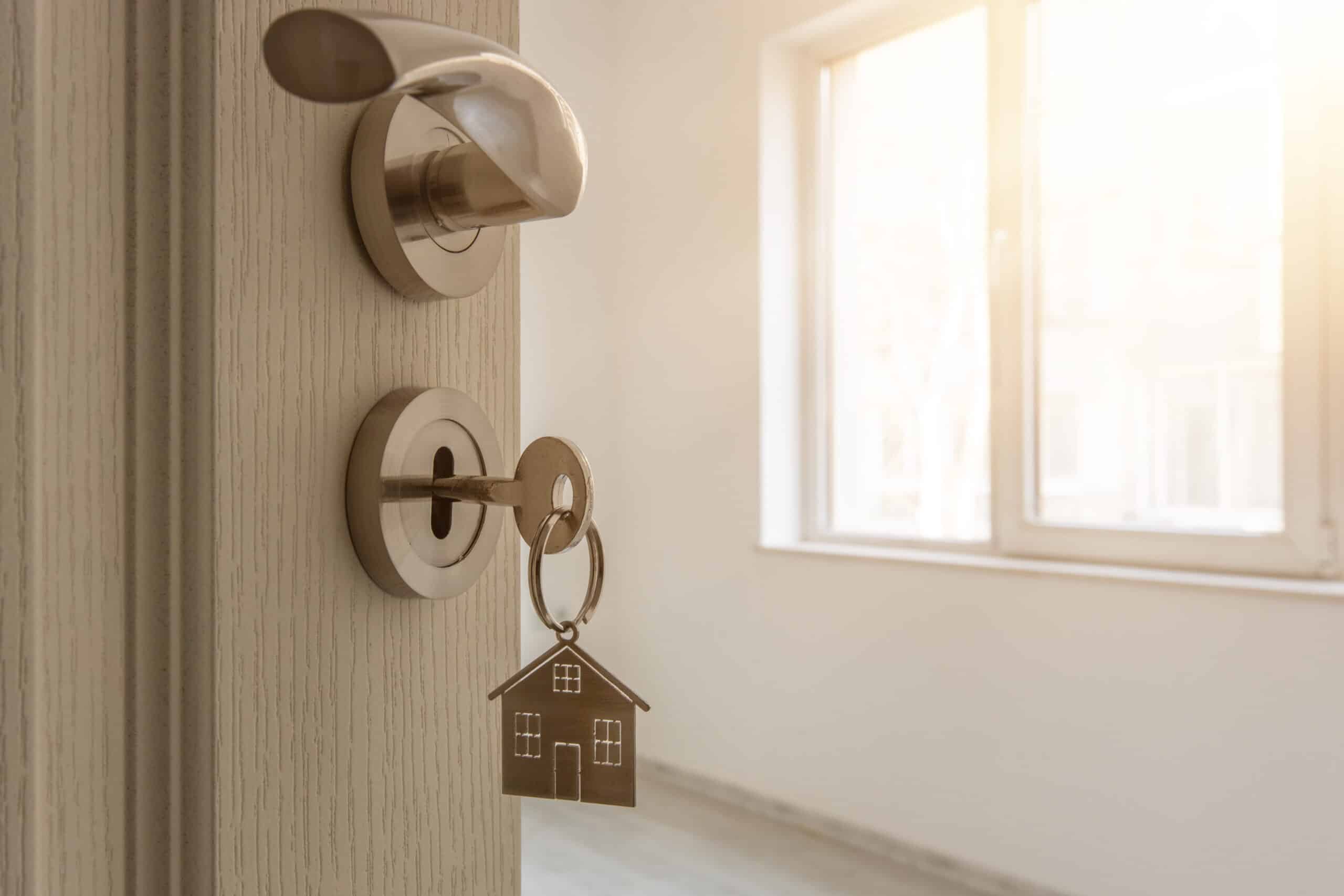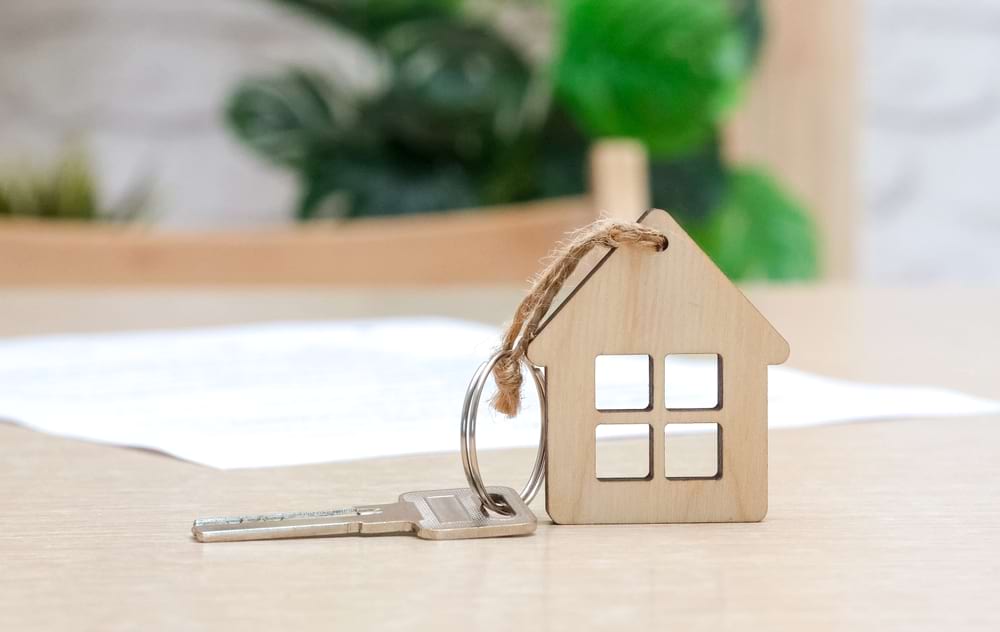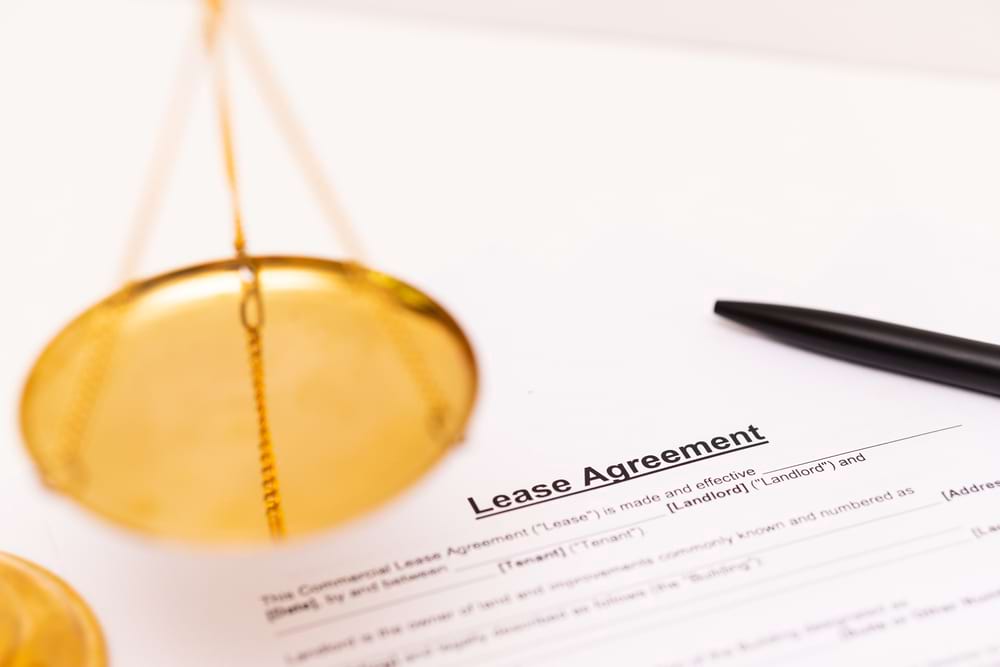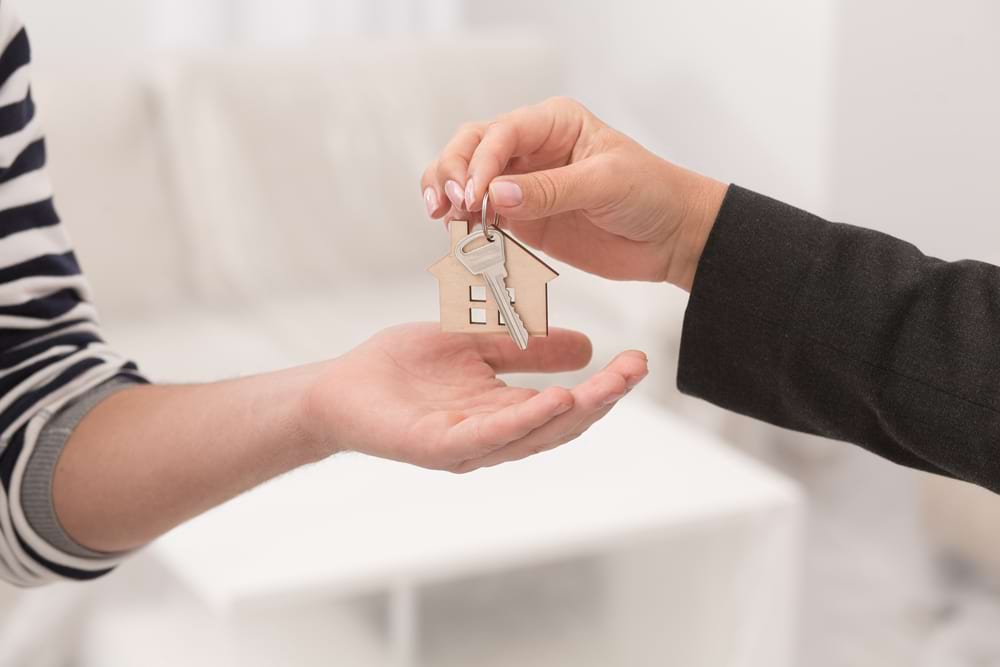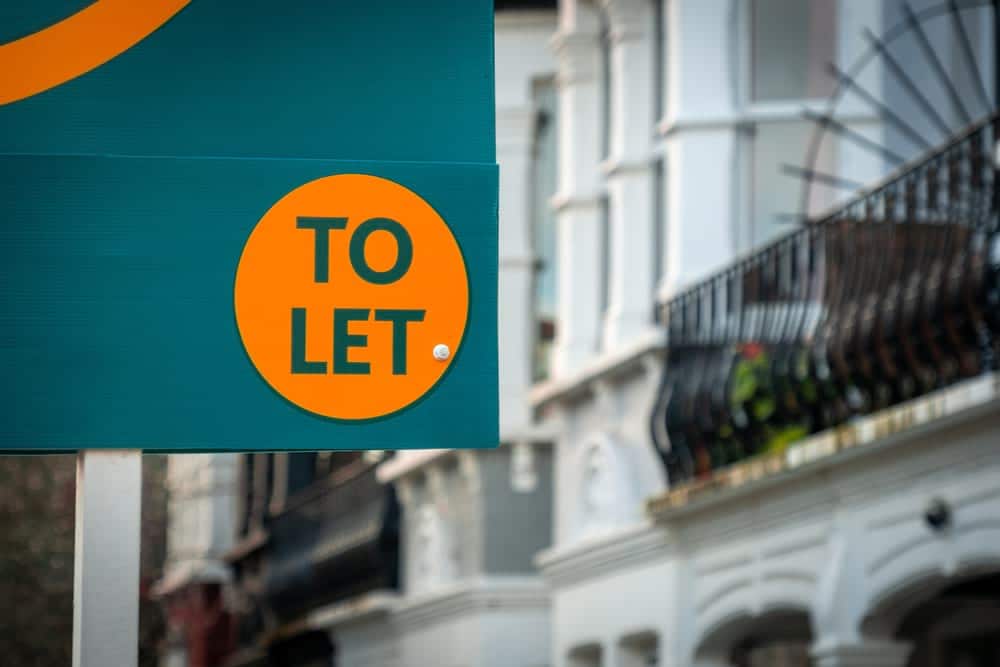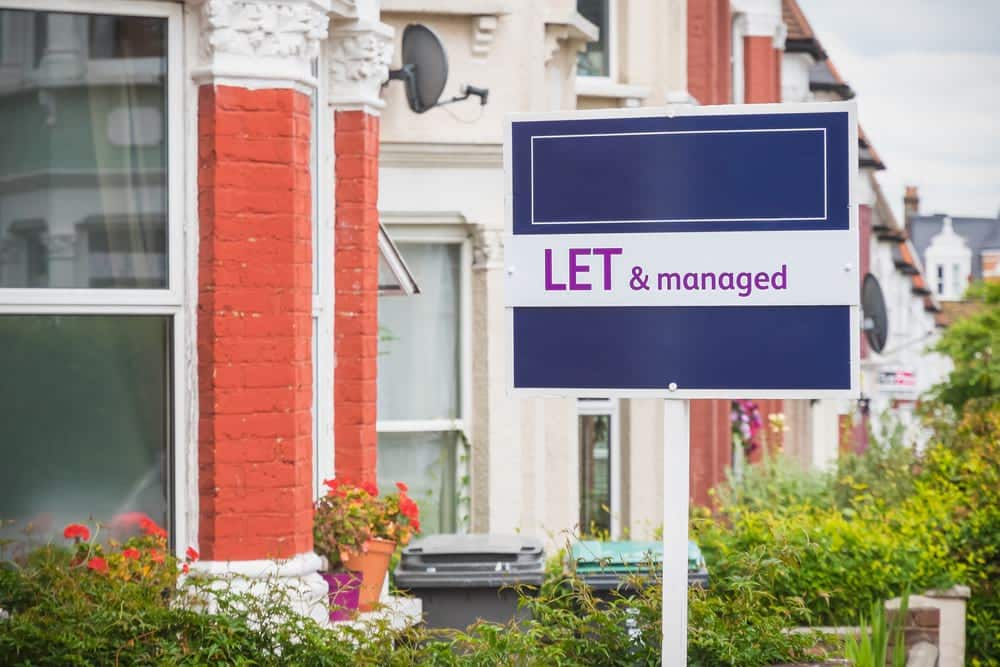Some renters might wonder why their landlord would need to keep a set of keys to their flat or house.
After all, the property is being rented now, and the tenant might not feel comfortable with someone else having access to it.
In this article, we’ll explore why exactly a landlord might keep a set of keys and what rights – and options – tenants have with this.
Can a landlord keep a set of keys in the UK?
In the UK, landlords can keep keys to the properties they rent. As a result, they have a legal right to access the property in certain circumstances (see below).
However, they must give their tenants reasonable notice before accessing the property. This is usually at least 24 hours, but it can vary depending on the circumstances.
For example, in an emergency, such as dealing with a burst pipe or gas leak, they may be able to do so without giving notice.
What if a landlord accesses a property without permission or good reason?
A landlord accessing their property without permission or reasonable grounds could be in breach of their tenancy agreement or even committing a criminal offence.
Why would a landlord keep a set of keys?
1. Access for repairs or maintenance
One of the most common reasons a landlord might keep a set of keys to a rental property is to access it for repairs or maintenance.
If a tenant reports a problem, such as a leaky faucet or broken appliance, the landlord must be able to access the property to fix it.
Keeping a set of keys allows them to do so without relying on the tenant to be home.
Otherwise, the landlord could face negative financial implications. These could include property damage (from unfixed issues getting worse) or the costs associated with wasting tradespersons’ time.
2. Emergencies
In an emergency, such as a gas leak or a burst pipe, a landlord may need to access the property immediately to address the situation.
Waiting for the tenant to return home and let them in could cause further damage or risk the tenant’s and neighbours’ safety.
3. Inspections
UK landlords must conduct regular safety inspections of their rental properties, such as gas and electrical safety checks.
These inspections are usually performed once a year and require access to the property.
4. Tenant lockouts or lost keys
If tenants accidentally lock themselves out of the property or lose their keys, the landlord may need access to help them get back in.
Having a set of keys allows them to do so quickly and easily and saves them the cost of using a locksmith.
5. Showing the property to potential new tenants or buyers
If a landlord wants to rent or sell the property, they may need to show it to potential tenants or buyers.
Having a set of keys allows them to do so without relying on the tenant to be home.
Can a tenant ask their landlord not to keep a set of keys?
If a tenant feels strongly about not wanting their landlord to keep a set of keys, they can ask.
However, they must approach the conversation respectfully and be prepared to discuss the reasons behind their request.
For example, if they have concerns about privacy or security, they can explain these to their landlord.
It’s worth noting that a landlord is not obligated to agree to this kind of request. In fact, in some cases, they may have a legal obligation to keep a set of keys.
Ultimately, the landlord will decide whether to keep a set of keys.
Tips for tenants to feel secure in their flat
If a tenant is concerned about their landlord keeping a set of keys to their rental property, they can take steps to help themselves feel more secure.
1. Install a security system or Ring doorbell
Adding a security system or video camera to a property door can help tenants keep peace of mind.
Many systems are affordable and easy to install.
2. Secure windows and doors
Tenants can ensure that all windows and doors are secure and have functioning locks.
If they notice any issues, they can report them to their landlord right away.
3. Keep valuables secure
If tenants have valuables in their rental property, they should keep them in a safe, safety deposit box, or another locked compartment. A landlord has no right of access to these.
4. Know rights
Tenants should familiarise themselves with their rights and the landlord’s responsibilities regarding access to the property.
If they have concerns, they should contact a legal specialist or tenant advocacy group for guidance.
Sell your property with We Buy Any Home
If you are looking at selling a house with tenants, you are in the perfect place.
We Buy Any Home are chain-free cash house buyers who can purchase your property up-front and quickly, without hassle or stress.
Using our funds, we will purchase your property at a set price by your chosen date and fully manage it from beginning to end.
Fill in our enquiry form below if you want a cash offer for your house.
